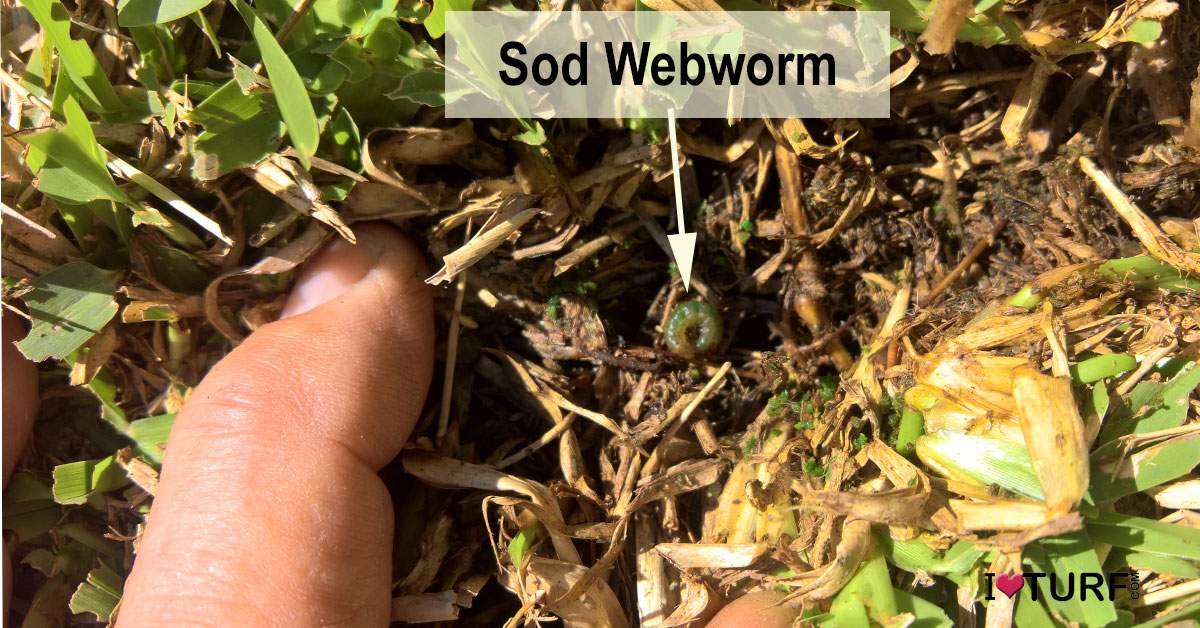
Lawn Moths Do No Damage
In our area, during summer months it is not uncommon to see the little white moths darting about a foot or two above the turf – especially in the shady areas and at night. Theses lawn moths do NO damage to your lawn – yes they are a nuisance but they do no damage to the lawn.
Lawn Moths Cannot be Controlled
The lawn moths are ubiquitous in Pinellas County. They live in ditches, roadsides, vacant lots, and the shady areas of your lawn. And they are very mobile, flying into your lawn from untreated areas. Treated areas of your lawn are quickly repopulated by lawn moths from untreated areas.
Lawn Moths Lay Eggs
The moths are laying eggs that hatch out into tiny caterpillars. These tiny caterpillars, called sod webworms, feed on the grass. According to Wikipedia: The Sod Webworm, ... is distributed practically worldwide, with approximately 100 species recognized in the United States alone. Sod webworms can defoliate an entire lawn (eat all the leaves) in one night.
Sod Webworms Damage but Rarely Kill a St Augustine Lawn
Sod webworms rarely destroy a lawn. Their damage is limited to the removal of leaves. Sod webworm damage often looks like an odd-shaped area was mowed. Once the sod webworms are eliminated, the lawn will quickly recover.
Sod Webworms are Easily Controlled
Since sod webworms are small and voracious feeders living at or near the soil surface, any good insecticide will kill sod webworms. The insecticides I use have an 8 - 12-week residual for sod webworms. You may see the lawn moths in great numbers, but relax their voracious leaf-eaters are dining on toxic turf - bad for Sod Webworms - Safe for Families and pets!
Timing is Everything
In rare cases, even with regular treatments, the sod webworm populations will reach damaging levels. The reason is a timing issue – the egg-laying, hatching and feeding webworm life cycle occurs 24/7 and can defeat even the best preventative methods. I am aware of this issue and currently, we use a blend of insecticides for quick knockdown and residual control. If you should notice a spot in the turf that seems like it has been mowed for you – call me and I will gladly treat interim for free.




